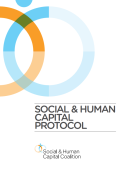
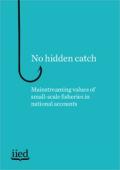
It is notoriously difficult to obtain data for fisheries, especially for the more elusive small-scale sector, which tends to operate under the radar. These guidelines aim to assist national statistics officers and others improve the way they account for small-scale fisheries (SSF). We do this in two steps: 1)...

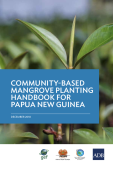
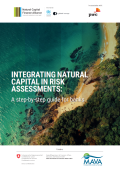

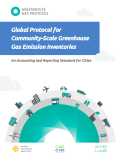

In recent years, vulnerability assessments (VAs) have increasingly been used to identify climate change impact hotspots and to provide input for adaptation and development planning at local, national and regional levels. Vulnerability assessments assumed particular significance in the context of the National Adaptation Plan (NAP) process.
The Vulnerability Sourcebook: Concept...
